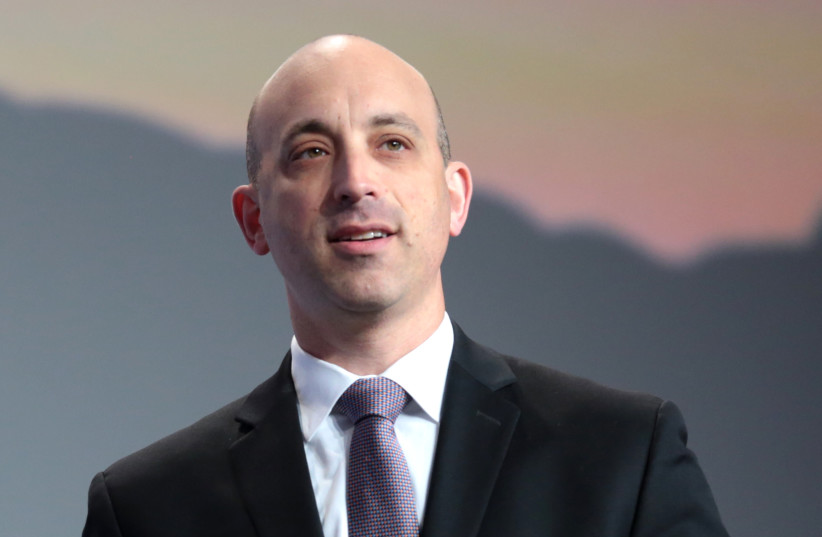In the US, currently rocked by a wave of anti-Israel protests on university campuses, the ADL recorded 7,523 incidents in 2023 compared to 3,697 in 2022, and a rise from 1,000 incidents in October-December 2022 to 3,976 in the same period in 2023. Other countries also saw dramatic increases in antisemitic attacks. In France, the number of incidents went up from 436 in 2022 to 1,676 in 2023; in the UK from 1, 662 to 4,103; and in South Africa, from 68 to 207. Australia recorded 622 antisemitic incidents in October and November 2023, compared to 79 in the same period in 2022.
Prof. Uriya Shavit, head of the Center for the Study of Contemporary European Jewry and the Irwin Cotler Institute for Democracy, Human Rights and Justice at TAU, said: “The year is not 1938, not even 1933. Yet if current trends continue, the curtain will descend on the ability to lead Jewish lives in the West – to wear a Star of David, attend synagogues and community centers, send kids to Jewish schools, frequent a Jewish club on campus, or speak Hebrew.”
Shavit also criticized Israel, saying that although as a state it is limited in what it can do for Jewish communities in the Diaspora, “even the little that can be done is not done.” While Israel lacks a meaningful strategic plan to combat antisemitism that is based on the needs of Jewish communities, he said, “the main contributions of the government are pompous statements and sporadic initiatives.” Shavit recommended that Israel delegate responsibility for combating antisemitism to the Foreign Ministry – “whose officials are professionals who know the Jewish communities firsthand.”
ADL chief Jonathan Greenblatt said: “Antisemitism isn’t just an abstract issue. It is a real-life threat to Jewish life in America and Jews around the world, and our history teaches us that we do not have the luxury to be indifferent when moments like these occur. That means we need to be clear-eyed about the threats we face and have the determination to confront them.”
Irwin Cotler, Canada’s first Special Envoy on Preserving Holocaust Remembrance and Combatting Antisemitism, offered an analysis and a plan for global action. “The explosion of antisemitism is a threat not only to Jews but is toxic to our democracies, an assault on our common humanity, and a standing threat to human security – in a word, the bloodied canary in the mineshaft of global evil,” Cotler warned. “Jews alone cannot combat it, let alone defeat it. What is required is a constituency of conscience – a whole of government, whole of society commitment and action to combat this oldest and most lethal of hatreds.”
As horrific as October 7 was, Israel remains a powerful source of strength for Jews everywhere. Thanks to the IDF, there will be no second Holocaust. As Cotler’s daughter Michal Cotler-Wunsh, Israel’s Special Envoy for Combating Antisemitism, wrote in The Jerusalem Report, “Israel does not exist because the Holocaust occurred; rather, the Holocaust would not have occurred had Israel existed.”
Incidentally, Jerusalem Report contributor Rabbi David Geffen recalls that Tel Aviv University, founded in 1956 and today Israel’s largest educational institution, was the brainchild of philanthropist George S. Wise, a Polish-born American sociologist who became its first president. Wise was one of Israel’s unsung heroes.
Happy 76th anniversary, Israel!

